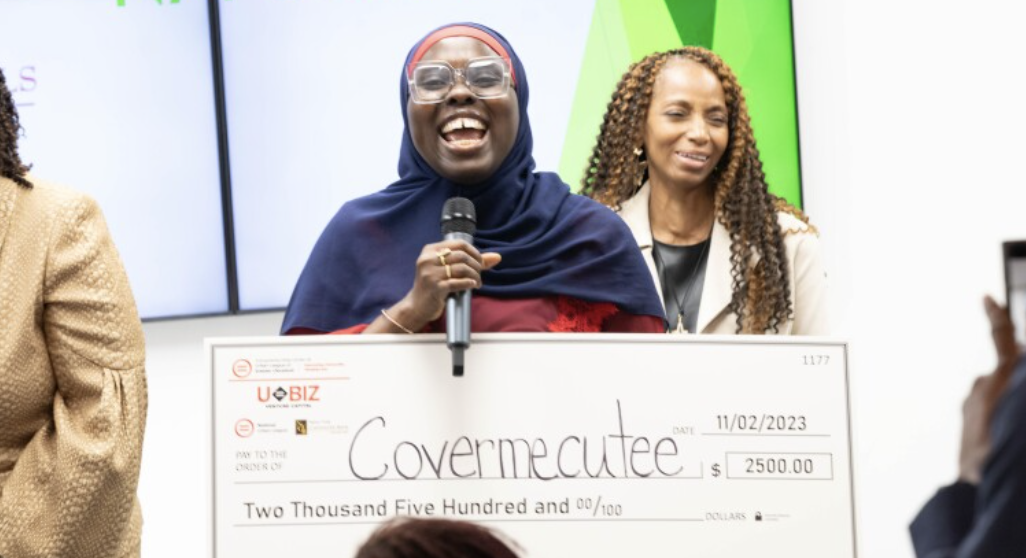Urban League Works to Accelerate Northeast Ohio Black Business Growth

Business owner Terrell Dillard said his two companies "were busting at the seams" when he went out for a six-figure loan in 2022. The former banking executive knew the commercial lending landscape but didn't take the usual route. Instead, he turned to the Urban League of Greater Cleveland (Cleveland, OH) and its UBIZ Venture Capital fund.
Dillard knew the Urban League, and they knew him. Dillard once taught Urban League-sponsored classes to new business owners. He said he’s had long, fruitful relationships with the Urban League and its mainstays, including UBIZ President Michael Obi.
Dillard wanted to take his business to UBIZ rather than engage a mainstream banking industry that, studies show, disproportionately denies the financing needs of Black business owners.
“There are very unique challenges in the minority community that we have to deal with, no matter how much success we have,” said Dillard, who serves on boards at Team NEO, a regional economic development organization, and the Cuyahoga Community College Foundation. “And that's why I feel it’s important to keep organizations like the Urban League and UBIZ top of mind.”
There are 92 Urban League affiliates in the U.S., but only a few operate loan funds. Launching the UBIZ fund in 2021 was the finishing touch for the local Urban League’s Entrepreneurship Center services, which range from teaching business-startup basics to lending money so small businesses can grow. In addition, accelerator programs boost minority-owned restaurants, construction companies and women-owned businesses.
Fostering Black business growth “became very important for us because we know that if our businesses can thrive, that's a wealth generation model and that's important to our community,” said Urban League CEO Marsha Mockabee.
The Urban League, through its online and in-person services, reaches about 2,200 minority-owned businesses each year in Cuyahoga and surrounding counties. Those businesses have an impact of $90 million on the economy, said Obi, who is also the Urban League’s Executive Vice President for Economic Development. The impact includes the value of contracts those businesses receive, the dollar amount of their business loans, any equity infusion or grants, and the new jobs generated, Obi said.
To read the full story, click here.

